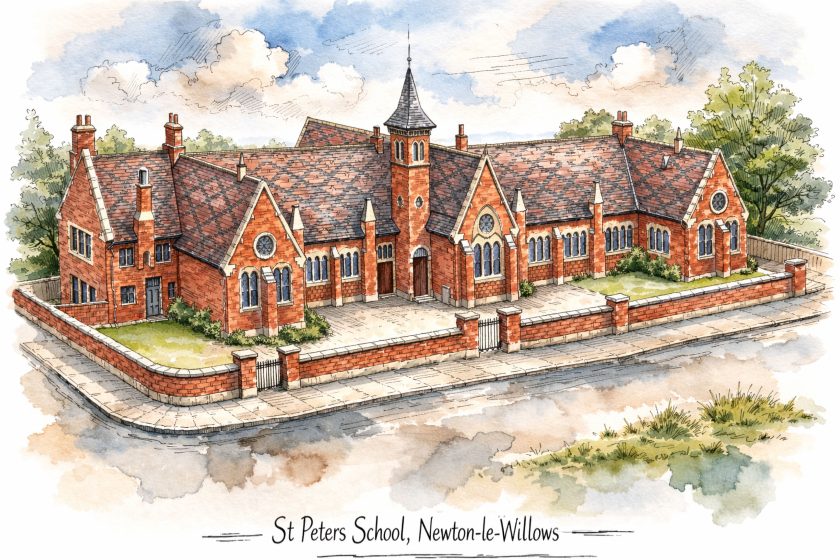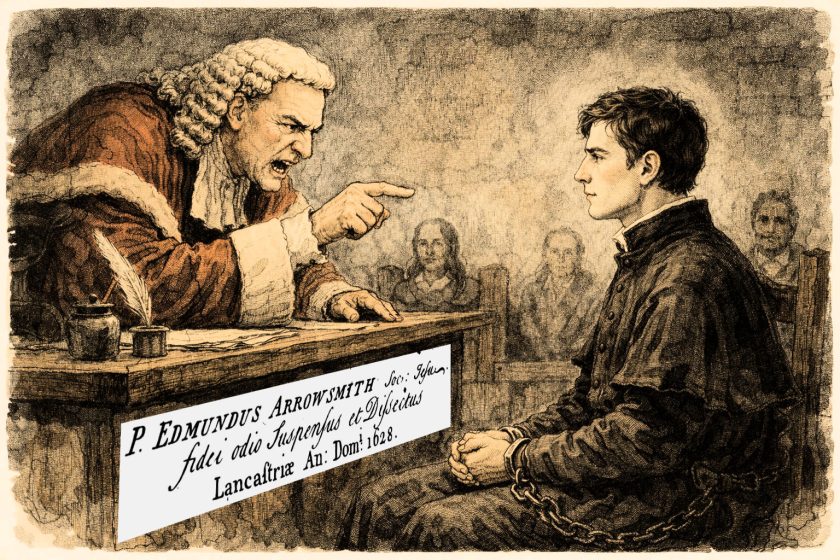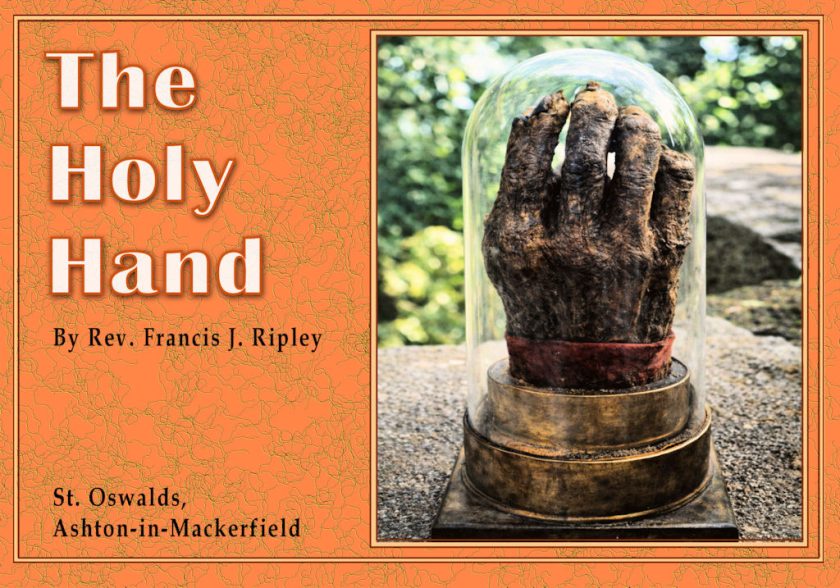NEWTON RACE COURSE.
The course is on a piece of land called Newton Common, and is situated half-way between Liverpool and Manchester in a direct line between the two cities. It is a pear-shaped course with a very long straight, and a straight half-mile race used to be run on it. The turf on it was second to none. Newton cricket field was laid with turf taken off the course; and, by the way, I played many years on that field. Well do I recollect Alec Watson, the old Lancashire cricketer, who had come to Newton to give advice regarding the turf, say: ” You could prepare a wicket on this ground equal to any in England. The races extended over three days at one time, then dropped down to two, and I had the pleasure of seeing the last race run on the course in the year 1899. We are now in the middle of the course, and what a conglomeration of humanity is gathered together. Black men, white men, yellow men, women and all, of all nationalities. Ive even seen the North American Red Indian represented there. Apart from rogues, thieves and vagabonds, religious bodies of almost every denomination were there carrying on the good work. First of all we gather round..
“THE TIPSTER.”
It was always interesting to listen to a tipster, and quite good number of them visited Newton year after year. Old Jack Dickenson, as I have previously mentioned, was a tipster on the quiet side, and being so well known, always having the same stand, he had no need to dress and act as these other tipsters had to do. Most of these tipsters wore a full jockeys riding kit, and to get his audience one would take off his long, light dust coat, spread it out on the ground, take a race card and ” The Sporting Chronicle ” out of one of the pockets, then commence:
“Gentlemen, Ive come all the way from Newmarket to put money in your pockets. I need no introduction to you, as most of you gentlemen standing around know that I am the brother of that famous jockey, Fred Shiel, who rides for that dark and dangerous stable, Alec Taylors of Manton. According to ” The Sporting Chronicle ” here, the first race on the card is so open that every horse in the race has been tipped to win it. Believe me, gentlemen, there is only one horse, and one horse only that will win that race and I know it. At five oclock this morning I was here on this course and watched that horse Ado its final gallop, and although I shouldnt really tell you, but I know it wont go any further, the trainer came up to me and said: Joe, its a one-horse wire, cant lose; in fact, I think we will be weighed-in before the others have passed the post. For further proof, gentlemen, I have a telegram, and for the benefit of you all, I will read it: Shiel, Post Office, Earlestown. Dont miss for first race, dead cert, cant lose. Fred. Thats from my own brother at Manton. He doesnt happen to be riding at this meeting or I would have seen him personally, and there would have been no need for this telegram. Surely, gentlemen, you require no further proof that I have the goods, straight from the horses mouth.”
He then holds up a handful of envelopes, saying: “Gentlemen, in each and every one of these envelopes is the name of the winner of the first race this afternoon. I dont give two or three horses for one race; one horse and one only. I dont send different horses to different clients, as many of the so-called tipsters who advertise in the sporting papers. Believe me, gentlemen, most of those fellows couldnt tell a cow from a racehorse if it had a cover over its horns.”
Of course, that causes a bit of a laugh, and while he has his audience in a good humour, he calls out: “Now, gentlemen, my price for this tip is sixpence; sixpence only do I ask. I am tipping on only two more races after this, and I guarantee you will be falling over each other to buy them when you have drawn your winnings on the first race. All I charge is sixpence.”
“Thank you, sir; thank you, sir; thank you, sir,” you hear him say as he receives the sixpences for the envelopes, and quite a good trade he does. For the benefit of any young sportsman who happens to be reading this, I would like to warn him, that all the talk these tipsters come out with is nothing but bluff, yet it is surprising how easily we can be gulled. In the foregoing, I have only given you a very short pen-sketch of one of the many tipsters; in fact, he comes out with three or four times as much talk as Ive told you, only I thought it might get too dry for you if I prolonged the agony. Many times Ive seen old-time racegoers buy tips from a tipster, not that they believe he has the goods, but just to see if his tip tallies with their own opinion. Having just warned the young sportsman against believing what these tipsters (or any tipsters for a matter of fact) say, I would like at this juncture to give him a more serious warning, which is:
Never take up betting with the idea of making money on the make-haste. Im not against betting in a reasonable manner, and I am certain that a heavy gambler will have no more to account for when he meets his Maker, than those who pose as pious and religious, yet never fail week in week out to fill in football, racing, picture coupons, etc., in which newspaper proprietors back you ?1,000 to lid. you dont pick the winners. Take my tip, young man, dont bet with any money you cant afford to lose, and I claim to know what I am talking about, as there are very few games on the board Ive not had a do at. My two eldest brothers were bookmakers, and for many years attended most of the race meetings in England. The backer can carry all that he is going to lose in his pockets, but the bookmaker requires a satchel, and a ” bigun ” at that, to bring his winnings away.
On leaving the tipsters, I would like to say, that although -they dont speak the truth, many of them earn all the coppers they get. Many incidents occur in the inside of the course during the .afternoons racing, as there are plenty of gambling plots, such as those carried on down the back railway line, I have previously mentioned.



